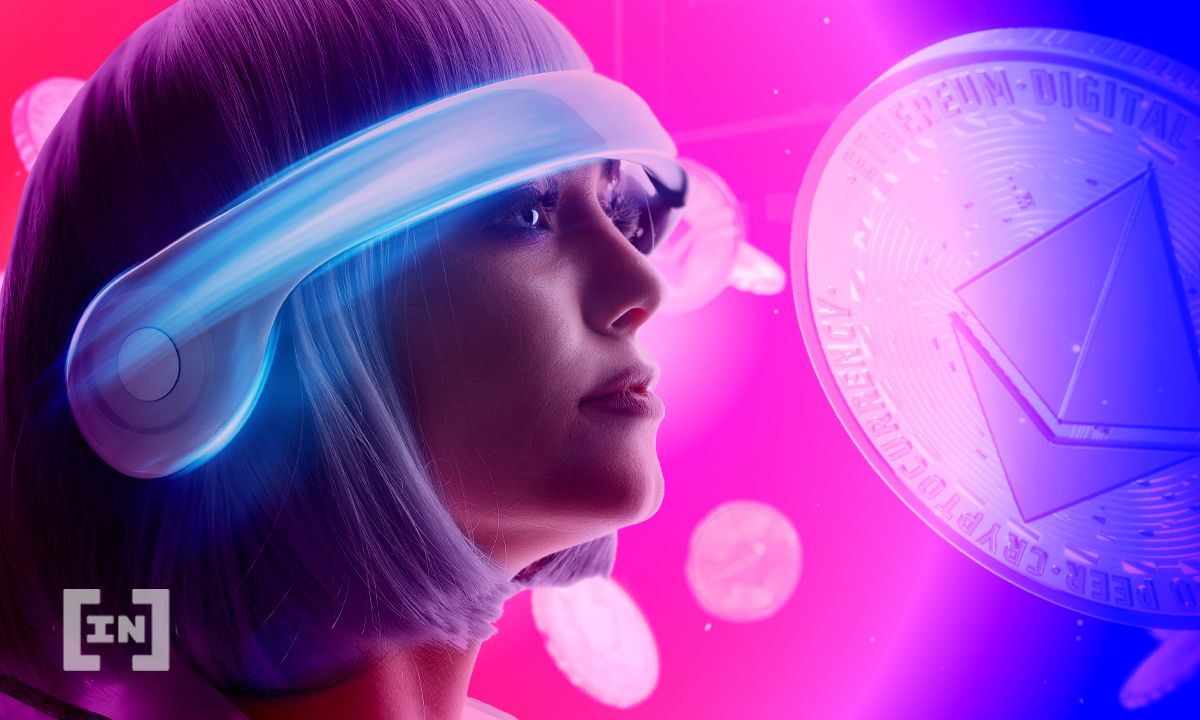Blockchain technology is gaining traction in terms of possible mainstream adoption. To attain pioneering status in the auspicious sphere of tokenization, the inconspicuous country of Liechtenstein implemented the disruptive Liechtenstein Blockchain Act in January 2020.
This disruptive approach establishes a legal framework for transactions based on “trustworthy technology” (TT). At Amazing Blocks, we consider blockchain to be this technology and tokenization the embodiment.
We expect this law to fundamentally change the current market state since real world use cases for blockchain are now enabled with full legal compliance.
Introduction to legal framework
Legally compliant tokenization of equity and all kinds of assets will play a crucial role in the future of acclaiming mainstream adoption for blockchain.
Liechtenstein is the first country in the world to implement a law that allows for true equity and ownership tokens. They can be, for instance, used as collateral on decentralized finance (DeFi) protocols — the hottest trend in the blockchain space these days.
First and foremost, we have to take a closer look at the legal requirements of this endeavor. The unique framework of the Blockchain Act empowers the user with the certainty of ownership, as well as the power of disposition of the tokenized assets or rights.
Besides, the framework enables European Union passporting, since Liechtenstein is part of the European Economic Area. Especially the civil rights adjustments have to be mentioned as an outstanding achievement, effectively regulating the direct and seamless transfer of the token from involved party A to B, without friction.
Technological requirements
A safe transmission plus retention of tokens through a trusted technology (e.g. blockchain) are essential for a smoothly running process. This basically refers to the integrity of the tokens.
The basic principle here is as follows:
- On one hand we have the TT-Identifier, also called public keys, which uniquely identifies respective tokens and therefore enables their seamless allocation and storage.
- On the other hand, we have the TT-Key, or a private key, enabling the individual ownership and disposal of tokens. If for instance a key is lost, the legal framework of the TVTG will provide needed assistance in regaining ownership of the token and handling all other uncertainties occurring in this complex, yet efficient process.
These two keys combined with other function-providers, such as the TT-price-service-provider or the “Token Issuer/generator,” consequently are the foundation for an applicable token-economy (“tokenomy”).
Blockchain-based systems inherit a uniquely customized relationship-model, illustrated in Figure 1, which give them a major edge in terms of utility and safety over systems with similar functions.
While the TT-Identifier is of significant value to the token distribution, it is in fact the TT-Protector which aligns the token of the customers to the needed TT-Identifier in the first issuing after generating the tokens or generally when tokens are exchanged.
Yet in the amazing world of blockchain, other mechanisms like smart contracts also contribute to token distribution as the automated legal guidance equally causes token transactions.
Say for instance A ships goods to B and wants the payment initiated instantly when B attains ownership of said goods. Smart contracts integrated into the process could automatically initiate the payment without any further legal framework.
At the arrival of the goods, they are registered and consequently an automated payment takes place through tokens representing the equivalent of the goods in a fiat currency (e.g. stablecoin).
Legally verified transfer of rights
Furthermore, smart contracts enable the legally verified transfer of rights embodied in the form of tokens. Hence, an ownership transfer in the tokenomy will simultaneously also be an ownership transfer in the real world.
Generally, token transfers make unnecessary paperwork become obsolete and can not only be attributed to a person, but also to machines and intellectual property for instance.
Thus, they can be a major driver in the development and adoption of Internet of Things (IoT). Moreover, the token’s private key can be delegated to a representative, therefore boosting security, who acts on behalf of the actual owner.
Also copies of the key can be made, enabling owners with the authority of disposition, but not the right. The rights embedded into the token will never change, but can be adjusted or transferred.
The rights of certain tokens can even be divided and allocated to several different “sub-tokens” under the umbrella of the original token, consequently providing far more flexibility than traditional assets and rights like securities.
The “Token Container Model” explained
But how are these entities now actually tokenized? Well, to answer that, we have to dig deeper into the so called Token Container Model (TCM).
Here, the respective token literally acts as a container inheriting a vast amount of different (usually pre-existing) rights. They are all represented through the token on the blockchain based system.
The right provides the owner with an individually suited digital representation of their asset. These tokens generally experience a standardized life-cycle, enabling registered service providers with the Financial Market Authority in Liechtenstein a vast amount of different products to offer along the way.
- The cycle in general consists of the following elements:
- Generating the token;
- Issuing (normally through ETO, STO, IEO, or ICO);
- Trading against other tokens;
- Placing the token in an investment portfolio for diversifying purposes.
Token differentiation
In addition to the above, another distinct differentiation in terms of the tokens has to be made to better grasp the flexibility and uniqueness of Liechtenstein.
While all tokens pride themselves with aspects such as exchangeability, private investment and financial services, security tokens, for instance, are no form of payment unlike regular cryptocurrencies, utility coins and stablecoins, as can be evidently observed in Figure 2.
The latter are usually backed by real world assets like the euro, whose value one unit of them represents. Whereas utility coins, which are mostly issued through ICOs like regular cryptos in general, simply inherit different functions within a blockchain based system.
Yet, they do not actually represent an ownership right or asset and, therefore, their intrinsic value is defined by the importance of the respective system they are utilized in.
Security tokens have thus far mostly been limited to participation certificates and bonds, due to regulatory constraints. However, the Liechtenstein Blockchain Act substantially revolutionizes this by enabling true equity and ownership tokens.
They still belong to the “family” of security tokens, but are unique since true equity and ownership is a disruptive innovation from the legal compliance perspective. Consequently, mainstream adoption is fostered and the worlds of blockchain technology and law bridged .
Future outlook
Liechtenstein will be an interesting destination for multiple tokenization efforts: avoiding time-consuming and costly efforts, rights and assets can be tokenized in a seamless way.
Workarounds can be jettisoned and this will not only standardize processes but will also decrease costs for tokenization processes significantly. Ultimately, legally compliant, blockchain-based equity will enjoy faster settlement, easier global transferability, high transparency, and easier administration of assets and ownership transferability.
Trusted
Disclaimer
In compliance with the Trust Project guidelines, this opinion article presents the author’s perspective and may not necessarily reflect the views of BeInCrypto. BeInCrypto remains committed to transparent reporting and upholding the highest standards of journalism. Readers are advised to verify information independently and consult with a professional before making decisions based on this content. Please note that our Terms and Conditions, Privacy Policy, and Disclaimers have been updated.


